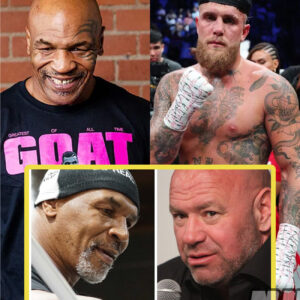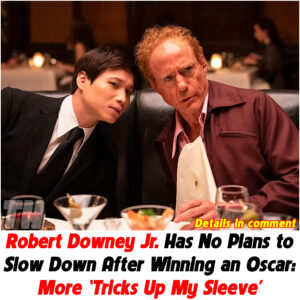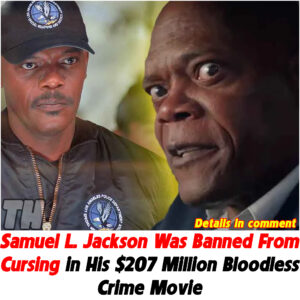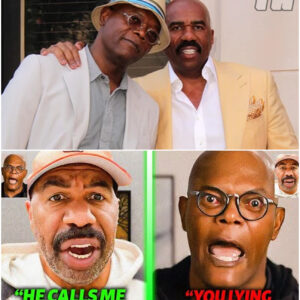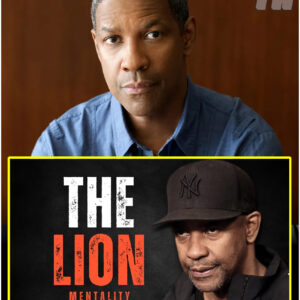The ongoing legal saga involving music mogul Sean “Diddy” Combs has taken a new turn as his attorney,
Shawn Holly, responds to explosive allegations made by producer L Rod, also known as Rodney Jones.
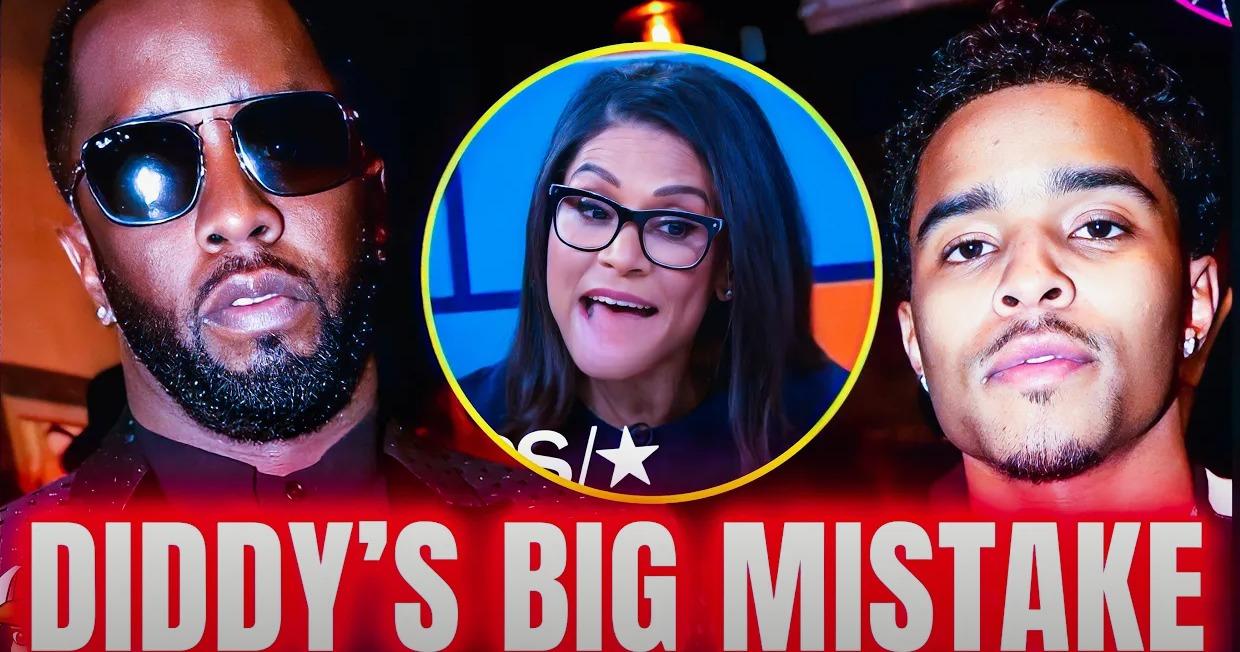
The response has sparked controversy and raised questions about the credibility of the accusations.
In a recent development, Holly has claimed that two women who were depicted as underage in L Rod’s lawsuit are actually full-grown adults. According to Holly,
these women have come forward to set the record straight, disputing their portrayal in the lawsuit.
One of the women, identified as Chelsea, allegedly insists that she is not underage and was grossly mislabeled in the lawsuit.
However, it’s worth noting that these claims have not been independently verified or proven in a court of law.
The allegations against Diddy, which include sexual assault, coercion, and involvement in
illegal activities, have sent shockwaves through the entertainment industry.
L Rod’s lawsuit paints a disturbing picture of Diddy’s behavior, alleging that he forced L Rod to engage in sexual acts,
groped him without consent, and provided alcohol laced with drugs to guests in his home, including underage girls.
Holly’s response to the allegations has raised eyebrows, with some questioning the timing and validity of the claims made by the two women.
Critics argue that Holly’s tactics are reminiscent of previous cases she has been involved in,
where she has employed similar strategies to discredit accusers and undermine their claims.
The controversy surrounding Diddy’s legal battle highlights broader issues within the
entertainment industry, including the culture of abuse and exploitation that has long been prevalent.
The case has reignited discussions about power, accountability, and the treatment of artists and producers within the music business.
As the legal battle unfolds, many are eagerly awaiting further developments and evidence to emerge.
Some speculate that the case could have far-reaching implications for Diddy’s reputation and legacy, depending on the outcome of the proceedings.
In the meantime, the public is left to grapple with conflicting narratives and unanswered questions.
While Diddy’s attorney maintains his innocence and disputes the allegations against him,
many are calling for a closer examination of the facts and a fair and transparent legal process.
As with any high-profile legal case, the truth may ultimately be revealed through thorough investigation and due process.
Until then, the allegations against Diddy serve as a sobering reminder of the complexities
and challenges of addressing issues of abuse and exploitation in the entertainment industry.
News
(VIDEO) Dana White REACTS to Mike Tyson vs Jake Paul POSTPONED FIGHT
**Anderson Silva and Chael Sonnen: From Boxing Match to Hall of Fame Induction** In an unexpected turn of events, former MMA rivals Anderson Silva and Chael Sonnen…
(VIDEO) Mike Tyson Just ANNIHILATED Jake Paul And WARNED To FINISH Him!
**Iron Mike vs. The Problem Child: The Showdown of Eras** The boxing world is abuzz with the upcoming clash between two unlikely adversaries: the legendary Mike Tyson…
(VIDEO) MIKE TYSON SCARY NEW FOOTAGE!👀(FULL TRAINING) Mayweather, Lennox & Joe Rogan WORRIED for JAKE PAUL??
### Mike Tyson vs. Jake Paul: The Fight That Never Was The world of boxing thrives on spectacle, and few events captured the public’s imagination like the…
(VIDEO) Joe Rogan Just RIPPED Jake Paul After He Quit Mike Tyson Fight
### Jake Paul vs. Mike Tyson: The Fight That Never Was In a world where spectacle often triumphs over substance, Jake Paul’s announcement to fight Mike Tyson…
(VIDEO) Floyd Mayweather Just WARNED Jake Paul To CANCEL Might Tyson Fight
### Jake Paul vs. Mike Tyson: The Looming Showdown and Floyd Mayweather’s Dire Warning In the ever-dramatic world of boxing, a potential clash between social media sensation…
(VIDEO) Joe Rogan Just EXPOSED Jake Paul With LEAKED Audio Files For BRIBING The Referee
In an unexpected twist, a leaked video has surfaced showing a private match between Jake Paul and Mike Tyson, revealing that Paul had to pay approximately $100…
End of content
No more pages to load
